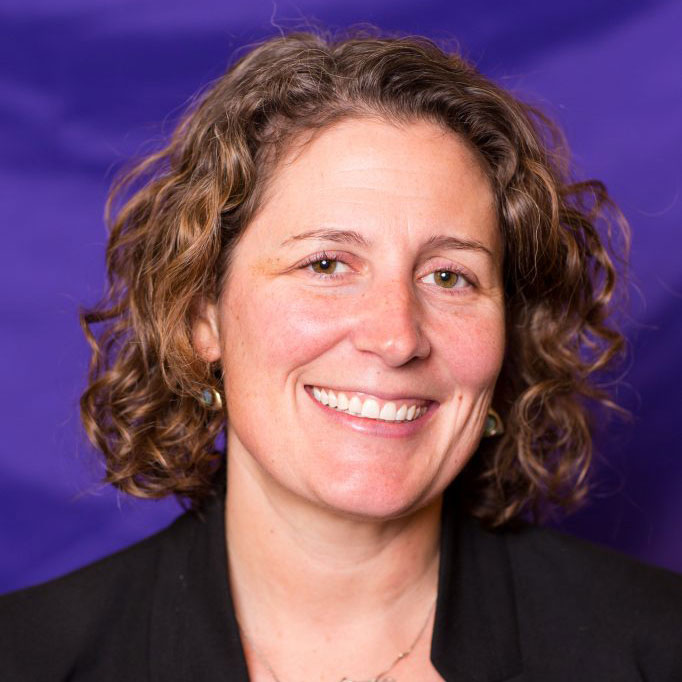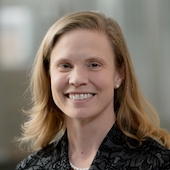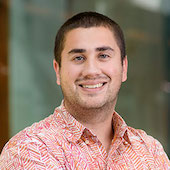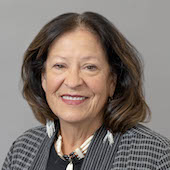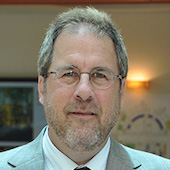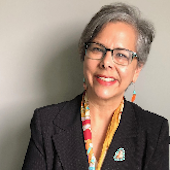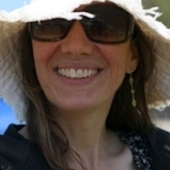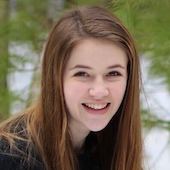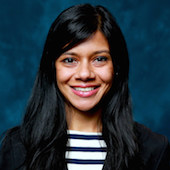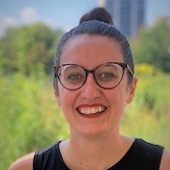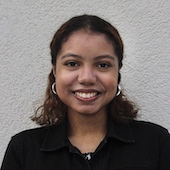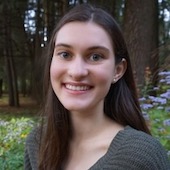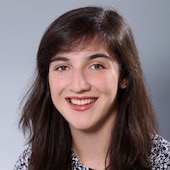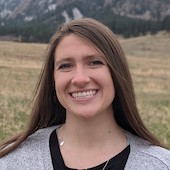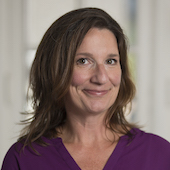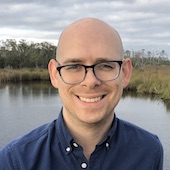Our Team
Dr. Kimberly Marion Suiseeya (Team Lead)
Department of Political Science, Environmental Policy and Culture Program
Dr. Suiseeya is an Assistant Professor in the Department of Political Science at Northwestern University. Her research examines the interactions between norms, institutions, and justice in global forest governance. Her areas of expertise include: environmental justice, global environmental governance, political ecology, and the politics of biodiversity conservation in Laos and mainland Southeast Asia.
Dr. Jennifer Dunn (Team Lead)
Department of Chemical & Biological Engineering
Dr. Dunn studies emerging technologies, their energy and environmental impacts, and their potential to influence air pollutant and greenhouse gas emissions, water consumption, and energy consumption at the economy-wide level. Particular technologies of interest include biofuels and bioproducts, automotive lithium-ion batteries, fuels and chemicals made from carbon capture and utilization technologies and from natural gas liquids, and resource recovery from wastewater. She applies life cycle analysis as a key tool to evaluate emerging technologies. Furthermore, she characterizes land use and land use change through collaborations with economic modelers and computer vision experts.
Dr. Josiah Hester
Department of Electrical and Computer Engineering, Computer Science; Director, Ka Moamoa – Ubiquitous and Mobile Computing Lab
Dr. Hester’s work explores and develops new hardware designs, software techniques, tools, and programming abstractions so that developers can easily design, debug, and deploy intricate energy harvesting, batteryless sensing applications that work in spite of frequent power failures.
Dr. Patty Loew
Medill School of Journalism; Director, Center for Native American and Indigenous Research (CNAIR)
Dr. Loew is a professor at Medill and director of the Center for Native American and Indigenous Research at Northwestern. A member of the Bad River Band of Lake Superior Ojibwe, Loew is a former broadcast journalist in public and commercial television. She works extensively with Native youth, teaching digital storytelling skills as a way to grow the next generation of Native storytellers and land stewards. She is a former member of the national board of directors for both UNITY: Journalists of Color and the Native American Journalists Association.
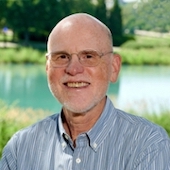
Dr. William Miller
Department of Chemical and Biological Engineering; Director, Center for Engineering Sustainability and Resilience
Dr. Miller studies environmental aspects of water, energy, and sustainability with a focus on ecosystem services provided by urban nature preserves and green infrastructure (GI) including water storage, flood mitigation, urban microclimate regulation, and air pollution mitigation. Data from a network of groundwater, surface water, and soil moisture sensors provides information on water storage and transport across Gensburg Markham Prairie (GMP a high-quality remnant prairie owned by The Nature Conservancy and Northeastern Illinois University) as a function of precipitation history, season, and time for use in predicting GMP water storage and release dynamics to understand the impact for mitigating flooding in surrounding neighborhoods. Microbial-fuel-cell-powered sensors are being used to assess soil moisture and water levels in natural areas and green infrastructure. Research in collaboration with the Metropolitan Water Reclamation District of Greater Chicago (MWRD), focuses on the impacts of installing GI, such as rain gardens, in urban neighborhoods (with Prof. Aaron Packman in Civil and Environmental Engineering).
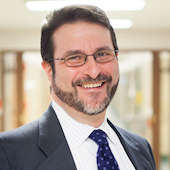
Dr. Aaron Packman
Department of Civil and Environmental Engineering and (by courtesy) Mechanical Engineering and Chemical and Biological Engineering
Dr. Packman’s research focuses on water, sediments, and microbiota, with particular emphasis on the basic processes that control interfacial dynamics in aquatic systems and the coupling of physical transport processes with biological and biogeochemical processes. Dr. Packman seeks to define critical structure-transport-transformation relationships in dynamic environments such as rivers and surface-attached microbial communities (biofilms). His work is highly collaborative and encompasses fluid mechanics, particle transport and morphodynamics, aquatic chemistry, and microbiology. Important applications include benthic microbial ecology, nutrient and carbon cycling, contaminant transport and water quality, ecosystem degradation and restoration, waterborne disease transmission, and control of biofilms in human infection and engineered water systems.
Dr. James Schwoch
Dr. James Schwoch conducts research and teaching in areas related to global media, media history, global security, international studies, and media-communication-environment. Schwoch has held visiting professorships in Finland on three occasions. He was a resident fellow at the Center for Strategic and International Studies from 1997-1998. Additional agencies and institutions supporting his previous and current research include the National Endowment for the Humanities, the National Science Foundation, the Ford Foundation, the Rachel Carson Center for Environment and Society, and the Fulbright Commission (Germany and Finland.) His current research explores environmental and climatological issues related to the emergent infrastructure and deployment of the Internet of Things (IoT) and of 5G mobile technologies and networks.
Pamela Silas, CAE
Associate Director, Community Outreach and Engagement at CNAIR
Pamala Silas has been a recognized leader for over 25 years addressing issues of equity, leadership, community development, housing and education in under-represented communities. She has successfully lead regional and national non-profit organizations as well as served on boards, councils, taskforces and advisory addressing these issues. Pamala has a B.S. in Economics from DePaul University and is a Certified Association Executive (CAE). She is an enrolled member of the Menominee Tribe of Wisconsin and descendant of the Oneida Tribe of Wisconsin.
Dr. Nyree Zerega
Director of Program in Plant Biology and Conservation
Inspired by the amazing diversity and utility of plants, Dr. Zerega’s research uses phylogenomic, collections-based, and experimental field approaches to explore the evolution and genetic diversity of underutilized crops and their wild relatives, pollination, biogeography, and taxonomic revisionary work. She is also interested in applying findings to conservation of plant genomic resources and more resilient agricultural systems.
Past Graduate and Research Assistants
Alex Anderson
Alex was an undergraduate in the Political Science department at Northwestern University. She began working with the project in 2020 as a Farrell Fellow through the Political Science department. In the 2021–22 academic year, Alex helped finalize work on a systematic literature review of transdisciplinary research to address climate change (see
publications section) and is currently working on a project to study the relationship between tribal sovereignty and Ojibwe resilience.
Anne-Marie Boyer
Anne-Marie Boyer is a PhD candidate in the Media, Technology and Society Program in the Department of Communication Studies at Northwestern University and a researcher at the Network for Nonprofit and Social Impact. She joined the team in 2020 and has been researching patterns between environmental injustices experienced by frontline communities and national-level indicators of power and representation that impact justice (see triple-bind of environmental justice in
projects). Her research interests include cross-sector collaborations in the environmental nonprofit sector.
Diana Elhard
Diana is a PhD candidate in the Political Science department at Northwestern University. She joined the team for the 2021–22 academic year and worked on initial data collection for two projects (institutional analysis of sovereignty and triple-bind environmental justice issues – see
projects page) in addition to helping prepare grants for funding applications.
Bianca Gunnz
Bianca joined the project in fall 2021. She was an undergraduate and Farrell Fellow in the Political Science department at Northwestern University. She also graduated with minor in Environmental Policy and Culture. Her focus within the team was on the case study database for the environmental justice project (see project page) and using qualitative analysis to code for data from EJ Atlas in NVivo 12.
Anna Lansford
Anna joined the team during the 2021–22 academic year. She graduated from Northwestern with a double major in Journalism and Political Science in the Medill School of Journalism and Weinberg College of Arts and Sciences. Anna is primarily working on the team’s institutional analysis dataset (see Indigenous experiences and understandings of tribal sovereignty
project page), exploring the institutional landscape in Ojibwe ceded territories in the Midwestern United States. She also assisted with grant writing for the team.
Maggie O’Connell
Maggie is a PhD candidate in the Chemical and Biological Engineering Department. As a member of Jennifer Dunn’s lab, she specializes in life cycle analysis and technoeconomic analysis, focusing mainly on assessing the sustainability and feasibility of new desalination and wastewater treatment processes. She also works with the Disproportionate Impacts of Environmental Challenges group on issues of climate justice with the goal of conducting transdisciplinary work that shows the connection between issues of water, climate change, and justice. In the 2021–2022 academic year, she co-authored a paper with faculty, Ojibwe leaders and students on injustice as a driver of climate change and is aiding in the analysis of institutions and their relationship to Ojibwe sovereignty.Jenna Trost
Jenna is a PhD candidate in the Chemical and Biological Engineering department. She is a member of Jennifer Dunn’s lab and conducts life cycle and technoeconomic analyses of the mining of metals used in electronics and its water consumption and impacts. She joined the Disproportionate Impacts of Environmental Challenges group at the beginning of 2022 and is currently working on the case study database for the environmental justice project.
Interested in joining our team? Contact us here.
Past Team Members
Dr. Sera Young
The focus of
Dr. Young’s work is on the reduction of maternal and child-undernutrition in the first 1000 days, especially in low-resource settings. Methodologically, she draws on her training in medical anthropology (MA, University of Amsterdam), international nutrition (PhD, Cornell) and HIV (Fellowship, University of California San Francisco) to take a biocultural approach to understanding how mothers in low-resource settings cope to preserve their health and that of their families.
Weston Twardowsk, Interdisciplinary PhD in Theatre and Drama (2022)
Weston Twardowski helped establish relationships with community partners, with whom he organized meetings and served as primary contact. He co-authored two articles (see publications) and helped formulate the research aims of the working group.
Katie Moffit, NU ‘21 (past Research Assistant)
